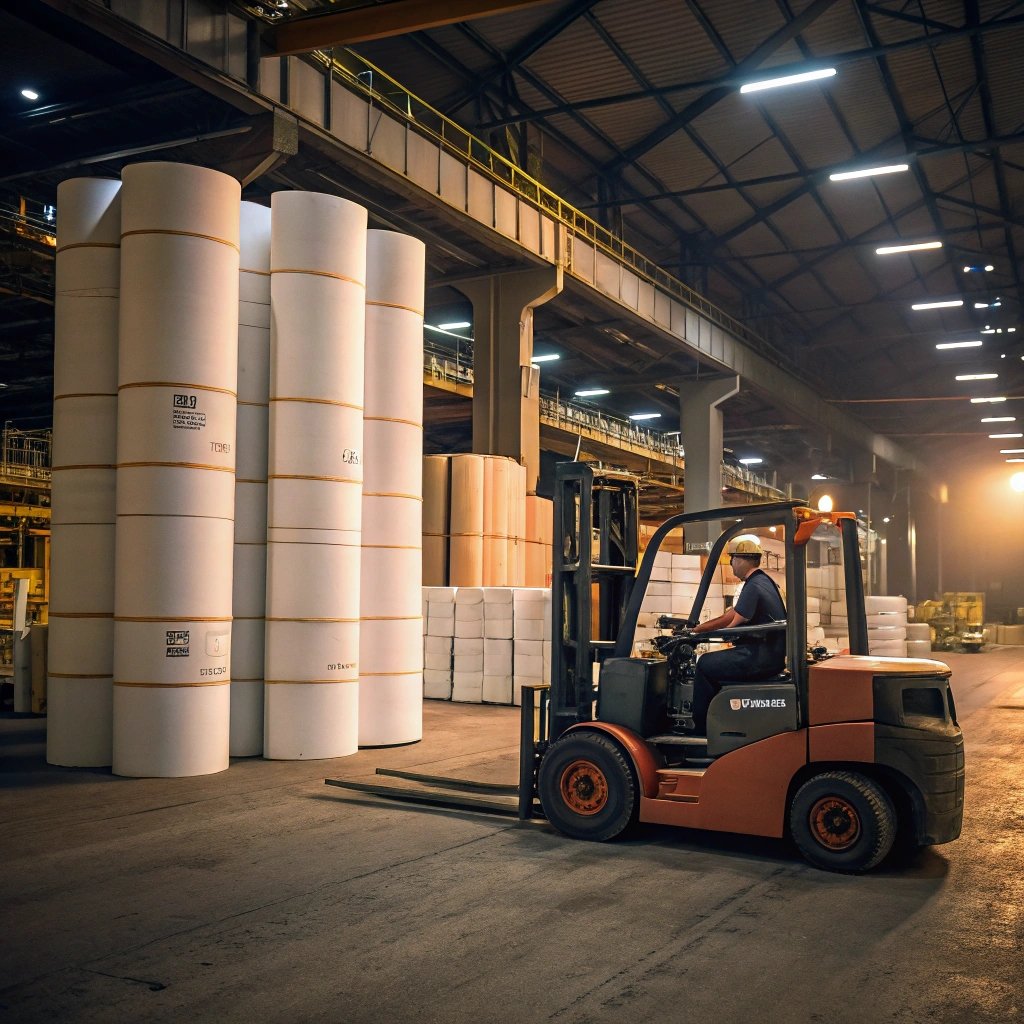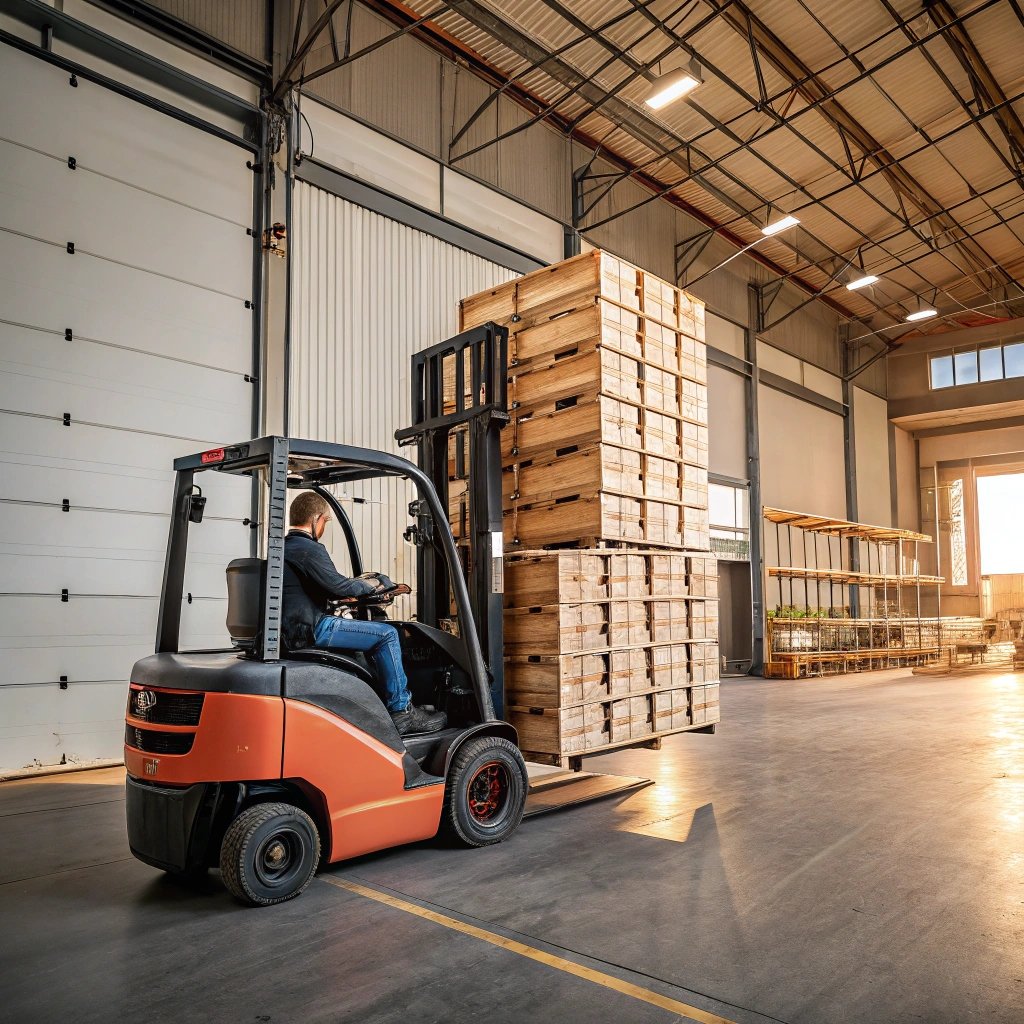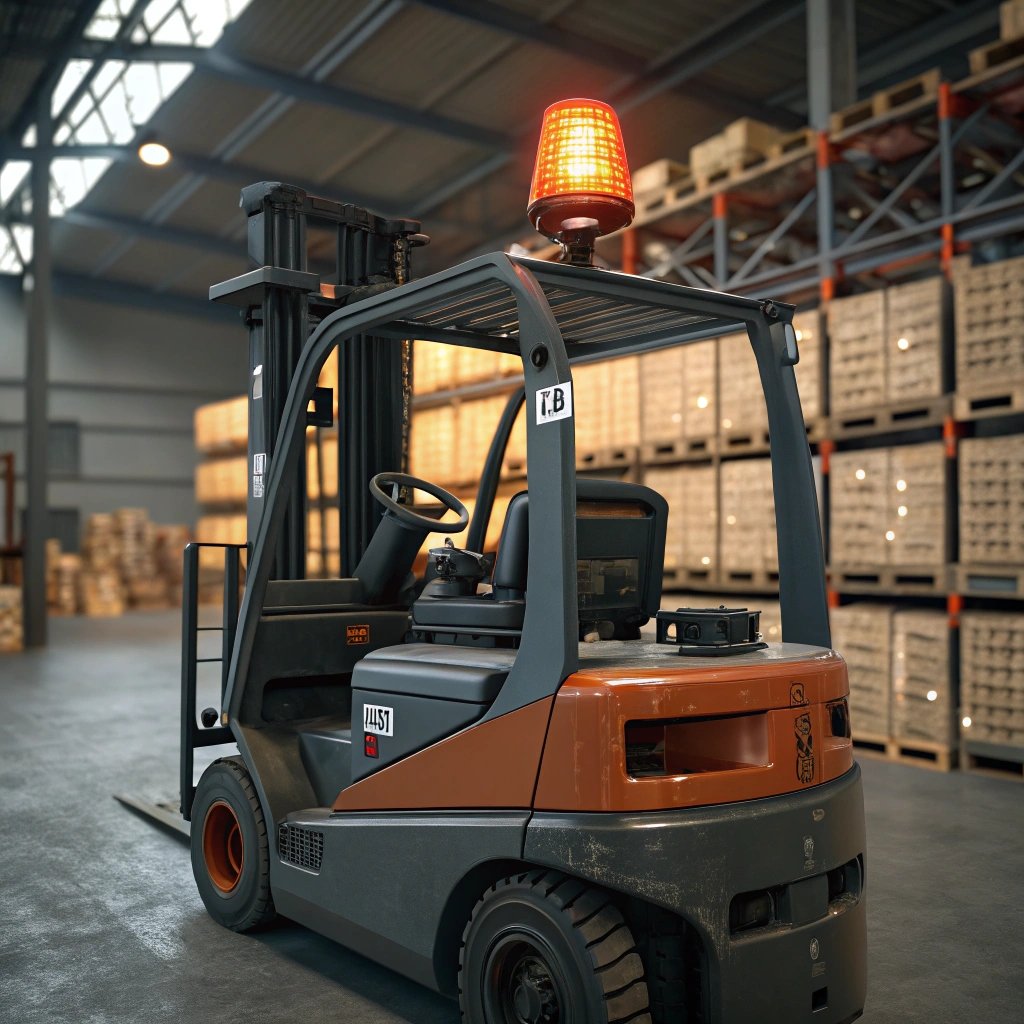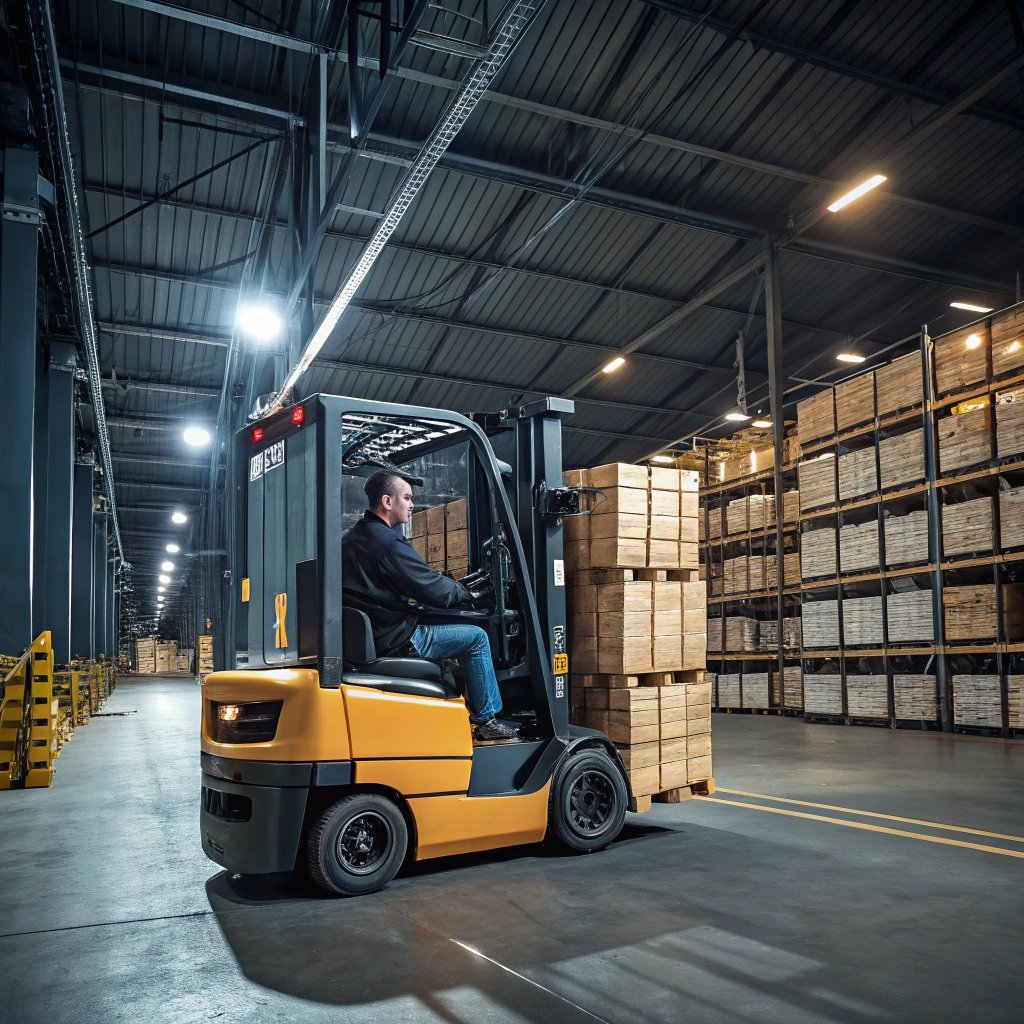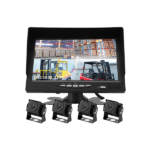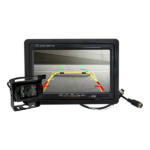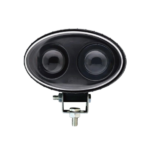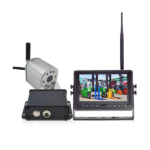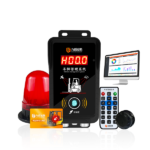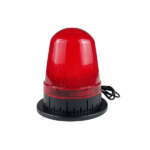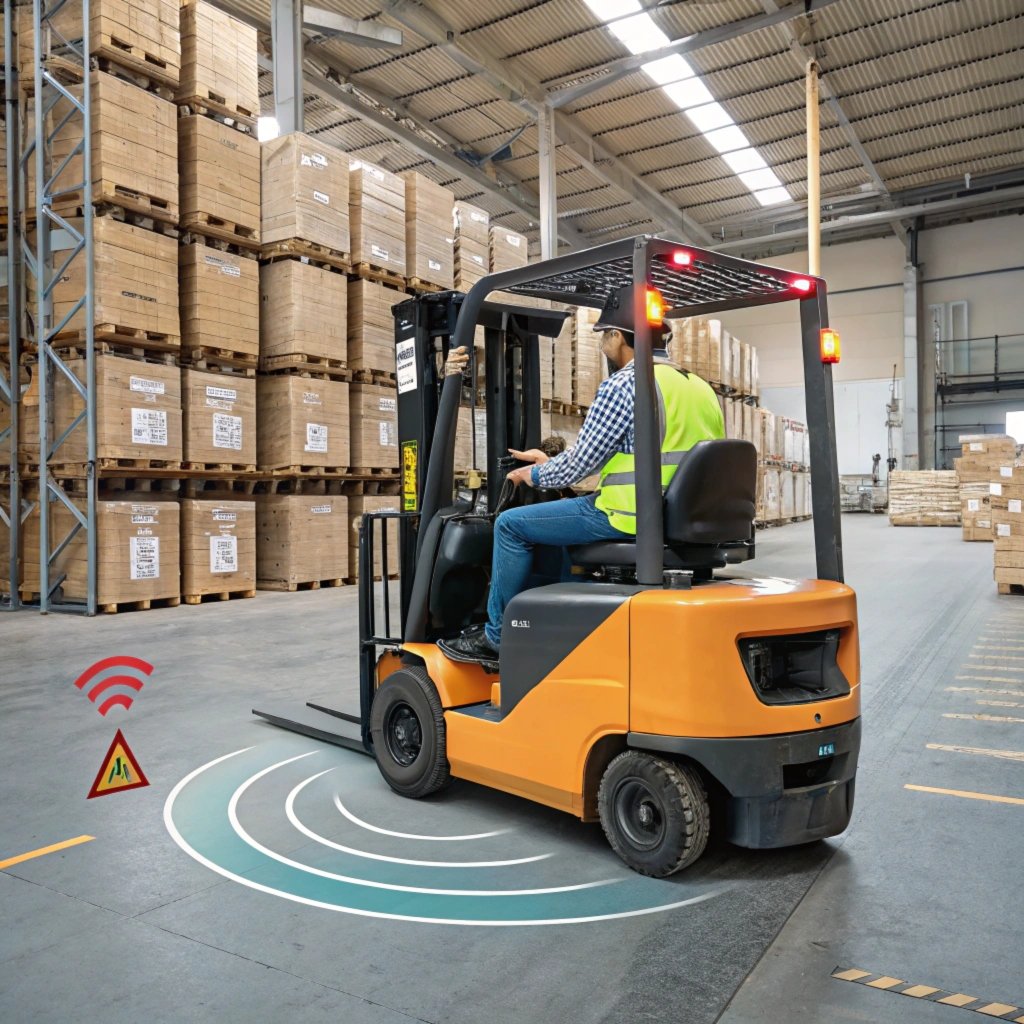Table of Contents
In a bustling packaging and paper factory, the interaction between forklifts and pedestrian workers can pose significant safety challenges. With multiple production lines, fast-paced operations, and high foot traffic, ensuring safety requires proactive measures. This article explores how a forklift pedestrian detection system can address safety concerns, prevent accidents, and create a safer work environment.
The Problem: Safety Hazards in a Busy Factory
Factories with complex operations often experience frequent interactions between industrial vehicles and pedestrian workers. This creates an environment ripe for potential safety issues, including:
- Near Misses and Collisions: High traffic areas where forklifts operate close to workers can lead to dangerous near misses or, worse, accidents.
- Visibility Challenges: Operators may have limited visibility, especially in areas with blind spots or tight corners.
- Inconsistent Safety Protocols: Without automated systems, ensuring compliance with safety protocols relies solely on human vigilance, which can sometimes falter.
In one case, the factory faced several near misses and even a minor accident, raising concerns about the potential for serious injuries or fatalities if no action was taken.
The Solution: Implementing a Forklift Pedestrian Detection System
To tackle these safety challenges, the factory introduced a forklift pedestrian detection system. This technology integrates advanced sensors and alerts to create a safer working environment. Key features included:
- Proximity Warning System: Sensors installed on forklifts detect pedestrian workers within a predefined range, triggering visual and auditory alarms to alert both the operator and the worker.
- Speed Restriction Zones: Forklift speed was automatically reduced in high-traffic areas or zones with frequent pedestrian activity.
- Vehicle-to-Vehicle Collision Prevention: The system also minimized risks of collisions between forklifts by maintaining safe distances.
- Wearable Tags for Pedestrians: Workers were equipped with tags integrated into their safety vests, making them easily identifiable by the detection system.
This solution was not only comprehensive but also scalable, allowing the factory to install it across various types of industrial vehicles and work areas.
The Results: Safer Operations and Increased Confidence
After implementing the forklift pedestrian detection system, the factory observed significant improvements:
- No More Accidents or Near Misses: The system effectively eliminated incidents involving forklifts and pedestrians, fostering a safer work environment.
- Enhanced Employee Confidence: Workers felt more secure knowing the system provided an added layer of safety, reducing stress and improving productivity.
- Reduced Repair Costs: By preventing collisions, the factory also minimized damage to forklifts, infrastructure, and equipment, resulting in lower repair and maintenance expenses.
- Improved Compliance: The automated safety measures ensured consistent adherence to safety protocols across all shifts and sites.
Final Thoughts
A forklift pedestrian detection system is more than just a technological upgrade—it’s an investment in safety, productivity, and employee well-being. For packaging and paper factories, where forklifts and pedestrian workers often share the same spaces, this solution provides peace of mind and tangible benefits. Proactively addressing safety concerns before they escalate not only protects workers but also strengthens operational efficiency and reputation.
If your factory faces similar challenges, consider implementing a pedestrian detection system to create a safer and more productive work environment.
More Articles
Please check the following for more articles.

